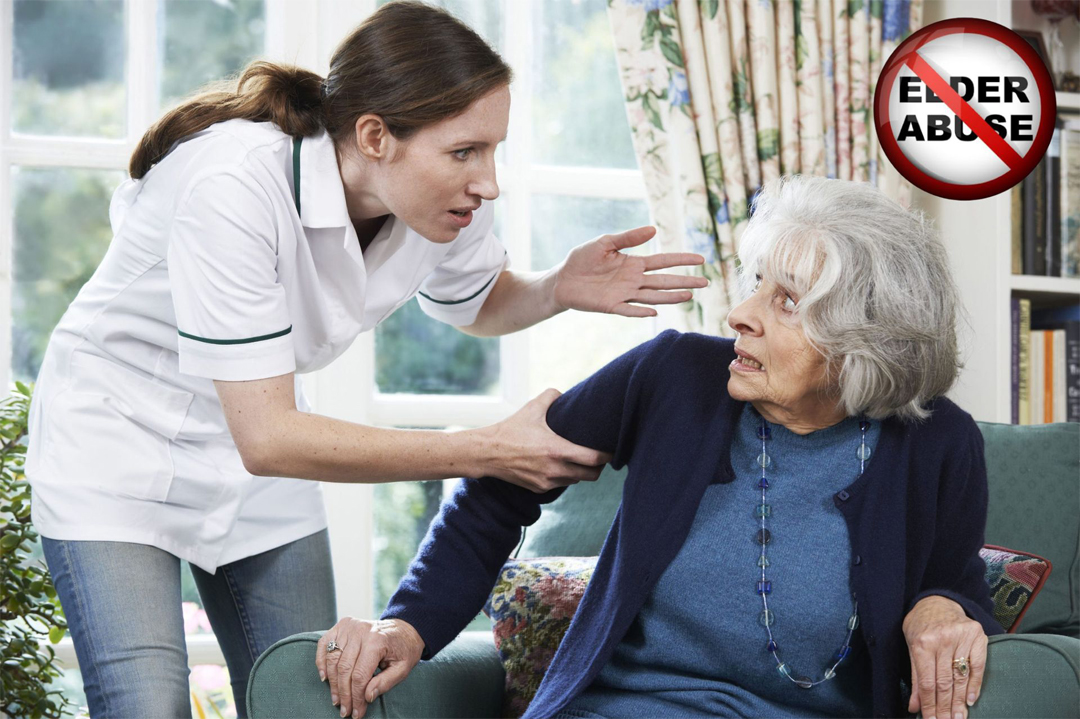
No state or city is free of nursing home abuse. Cities like Columbia, South Carolina, are prone to nursing home abuse. The bright side is that you can bring justice to your loved one by seeking the help of a professional nursing home abuse attorney in Columbia. Only an experienced local lawyer can help the victims in these situations.
Knowing the warning signs of nursing home abuse can help you determine if your loved one is being neglected or abused and whether it’s time to hire an attorney to take action. Below are the eight significant signs of nursing home abuse you should know about.
1. Bedsores
Stage 4 bedsores are the most severe stage of bedsores. It is characterized by deep ulcers, or wounds, on the skin that shows signs of pain even after the top layer of skin has been lost. They can develop into a stage 5 pressure ulcer and become infected, requiring immediate medical intervention to prevent further complications such as sepsis. Research says abuse can cause bedsores. If you see symptoms of bedsores in your loved one, it might be a sign of nursing home abuse. If you suspect nursing home abuse, it’s important to be informed. Reach out to WeWin for guidance and support.
Now, do not expect your loved one to admit that they are being abused. When you admit your loved one to a new nursing home, you need to be vigilant. You should look out for bedsores. Elderly people won’t admit to abuse due to fear, guilt, shame, and many other factors. So, it is your responsibility to keep an eye on their health.
2. Inadequately explained bruises or fractures
According to a nursing home abuse attorney, if there is a lack of explanation for a bruise or fracture, it could be an indicator of physical abuse. Bruises should not be covered up and should not look contrived. Bruises need to be treated immediately, while broken bones must be appropriately assessed by a medical professional to ensure they aren’t left untreated.
3. Unexpected hospitalization
A high-quality nursing home should be able to react when an individual needs medical attention timely. A resident’s unexpected hospitalization is a sign of severe negligence or abuse on behalf of the nursing home staff.
A nursing home staff that was negligent in treating elders should be punished severely. The punishment should extend to the nursing home too, for showing negligence in hiring. The nursing home must do a proper background check before hiring staff. Nursing home abuse can be reduced if nursing homes hire the right people.
4. Recent weight loss
Weight loss can signify that the resident isn’t getting proper nutrition due to neglectful or abusive care. Noticing a significant weight loss can also be considered a medical emergency and should be reported.
Many factors can result in weight loss, such as health conditions. But you need to remember that health conditions are not the only reason for weight loss. Stress can also be a reason for weight loss. As we all know, abuse can cause stress. If your loved one lost a significant amount of weight recently, consider all these factors. Check for negligence from the nursing home side.
5. Changes in consciousness or mental status
A decline in mental status (for example, the inability to think clearly or increased confusion) can indicate neglect caused by dehydration, malnutrition, or other forms of abuse.
6. A decline in functionality
If a resident shows signs of difficulty performing basic activities they were able to achieve before entering the nursing home, this decline in functionality could be a sign that the staff is neglecting them.
7. Avoidance or fear of nursing home staff
It’s human nature for a resident to be afraid of nursing home staff if they have abused them. If a resident avoids services and staff contact or shows signs of fear toward other residents, it could indicate that the nursing home’s staff is abusive.
Fear is a clear sign of abuse. If your loved one is scared of any particular staff, don’t take it lightly. Enquire why they are afraid of that particular staff. Failure to take action can result in more abuse victims. The same person who abused your loved one will go on to abuse more residents. You should not let that happen. If you suspect abuse, call a lawyer immediately and take proper action.
8. Frequent falls
Usually, falls are a sign of a physical ailment that requires medical attention. However, if you notice that your loved one is often falling, or if they have fallen repeatedly in the last few weeks, then it’s likely that there is neglect on behalf of the nursing home staff.
Final Thoughts
No one wants to be abused, especially in the later stages of life. Everyone wants to spend their last days in peace. Getting abused at that age will cause more emotional trauma than physical pain. The problem is that elders are not in a position to take action against their abuser. They are at a stage where they are weak both physically and emotionally. It is easy to attack a vulnerable person. So, the responsibility of taking action falls on the loved ones of the victims. Only taking proper action can reduce nursing home abuse. Ignoring the abuse or changing the nursing home will not do any good. You need to punish the perpetrator.
Nursing home abuse attorneys can help you understand these signs so that you can confidently determine whether or not you have grounds for a nursing home abuse case. If these signs of nursing home abuse have been noticed in your loved one, consider hiring a professional nursing home neglect attorney to bring justice to your loved one. The first step is always to report the incidents before you make any decisions about taking legal action.
Comments
comments